Question And Answer
Publications
Articles, publications, books, tools and multimedia features from the U.S. Institute of Peace provide the latest news, analysis, research findings, practitioner guides and reports, all related to the conflict zones and issues that are at the center of the Institute’s work to prevent and reduce violent conflict.
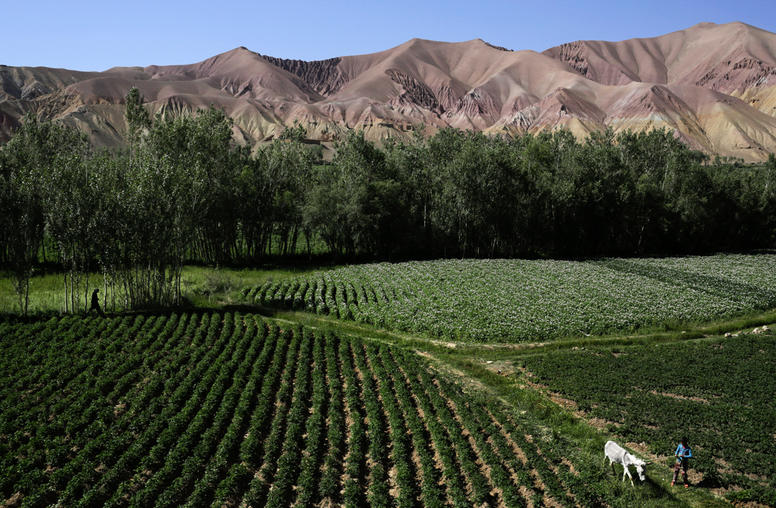
USIP, National Academy of Engineering Examine Agricultural Extension and Peacebuilding
With the National Academy of Engineering, the U.S. Institute of Peace (USIP) on May 1 hosted a workshop with specialists in and out of government on “Adapting Agricultural Extension to Peacebuilding.”
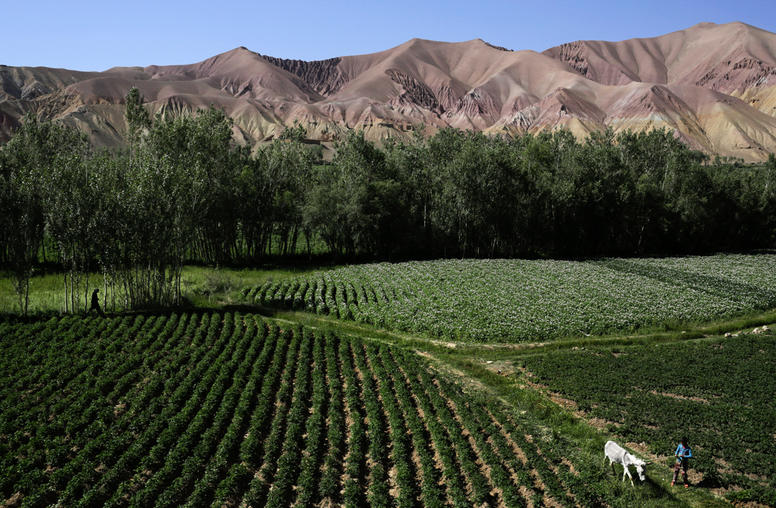
G-8 Summit Focuses on Food Security
As leaders at the G-8 summit highlight the importance of food security for global stability, Ibrahim Shaqir, an interagency professional in residence at USIP, in an interview examines this issue in the contexts of Afghanistan and Pakistan and how agricultural systems might contribute to peacebuilding.
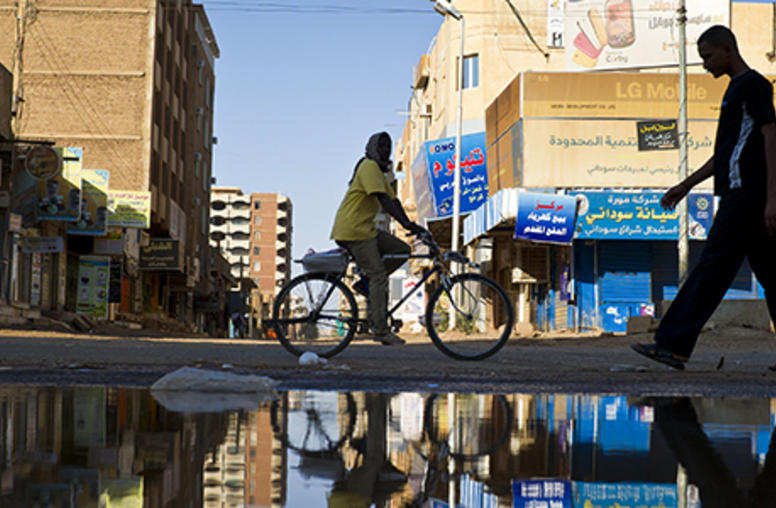
Sudan, South Sudan Strike Oil Deal
USIP's Sudan program director, Jon Temin, discusses the recent oil deal between Sudan and South Sudan.
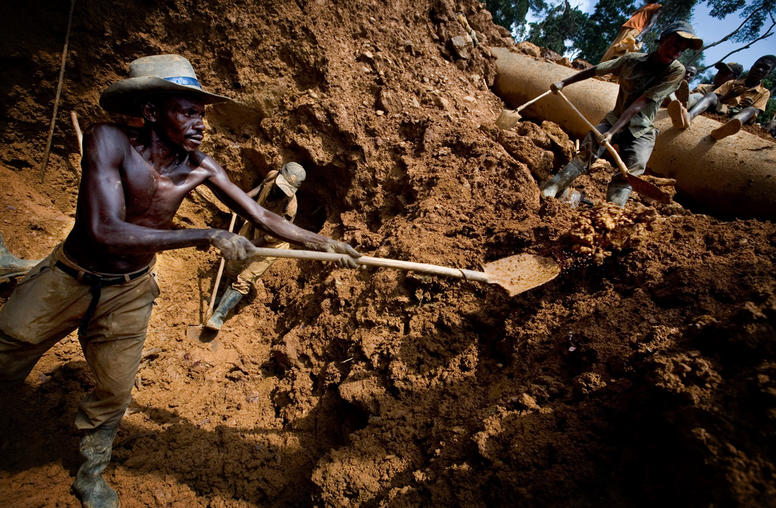
Instability in the DRC
USIP’s Raymond Gilpin and Brett Boor examine how conflict minerals are a symptom – and not the cause – of the continued instability in northeastern Democratic Republic of Congo (DRC).
Promoting Peace in Petroleum-Rich Regions
Raymond Gilpin, USIP's Center for Sustainable Economies director, discusses how a USIP project to analyze the vulnerability of energy infrastructure in fragile, resource-rich countries could inform policy-making and strengthen efforts to secure peace.
Using Sound Economics to Build Peace in Fragile Environments
USIP’s new publication titled “Peace Economics: A Macroeconomic Primer for Violence-Afflicted States” provides a concise but broad overview of practical ways that sound macroeconomic fundamentals could be used to build stability in states that are affected by violent conflict.
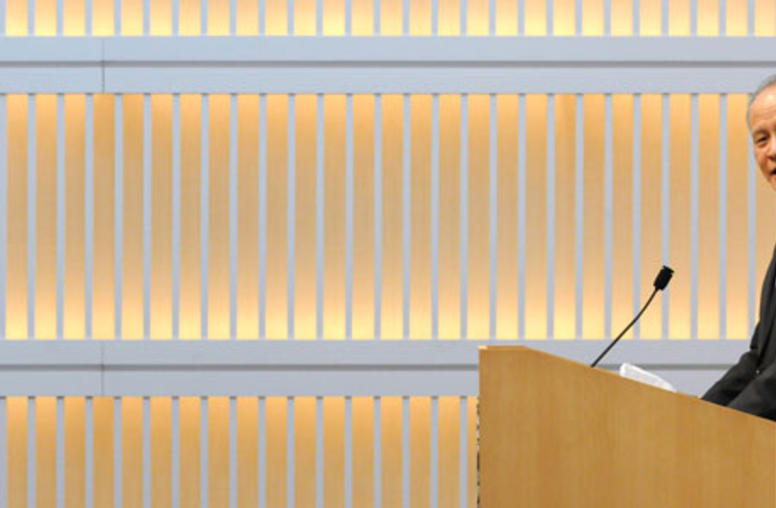
China’s Ambassador Says Ties with U.S. Are No Longer 'Zero-Sum Game'
Ambassador Cui Tiankai of the People's Republic of China spoke at the U.S. Institute of Peace (USIP) about the "new model of major country relations" between the U.S. and China, underscoring that cooperation benefits not only the two countries but the world.
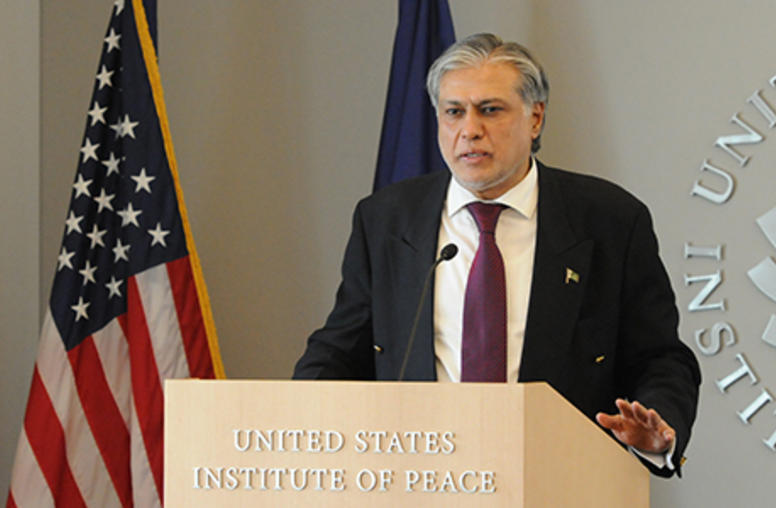
Pakistan’s New Government Seeks Exit from Economic Malaise
Pakistan Finance Minister Mohammad Ishaq Dar wrapped up a round of road shows for international investors recently as the country returns to the bond markets after a multi-year hiatus. During an appearance at the U.S. Institute of Peace (USIP) last week, he joked that he was still in sales mode as he gave an upbeat assessment of the government’s drive to strengthen the economy.
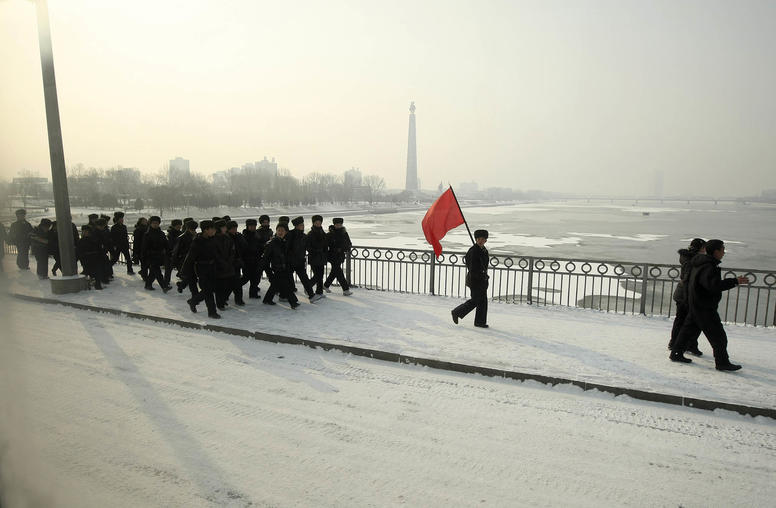
Could Climate Change Compel North Korea to Cooperate?
Like much of the rest of the world, North Korea is experiencing more frequent and more intense climate-related disasters. In the last few years, it has seen its longest drought and longest rain season in over a century. In 2021, the country’s reclusive dictator, Kim Jong Un, called for immediate steps to mitigate the dramatic impacts of climate change, which compound other challenges facing the country, like food insecurity. While North Korea is not exactly known for its efforts to cooperate with the international community, the severe threats posed by climate change could lead to broader engagement that serves Pyongyang’s interests, as well as the interests of the United States, South Korea and China, who all want peace and stability on the Korean Peninsula.
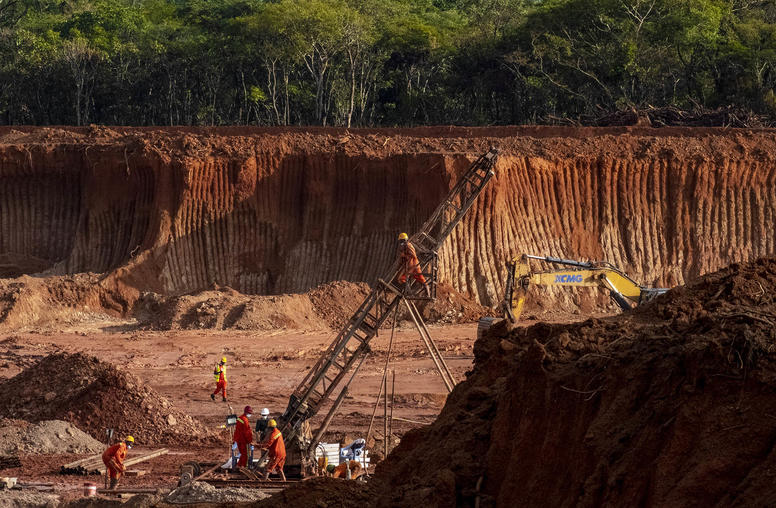
Challenging China’s Grip on Critical Minerals Can Be a Boon for Africa’s Future
Demand for the critical minerals powering the world’s clean-energy technologies, consumer goods and defense applications is skyrocketing. These metals are what the modern economy runs on: we need them for our phones, electric vehicles and satellites, and so much more. Forecasts estimate that in the coming decades, the world will need many times more cobalt, copper, lithium and manganese, among other minerals, than what is currently being produced.